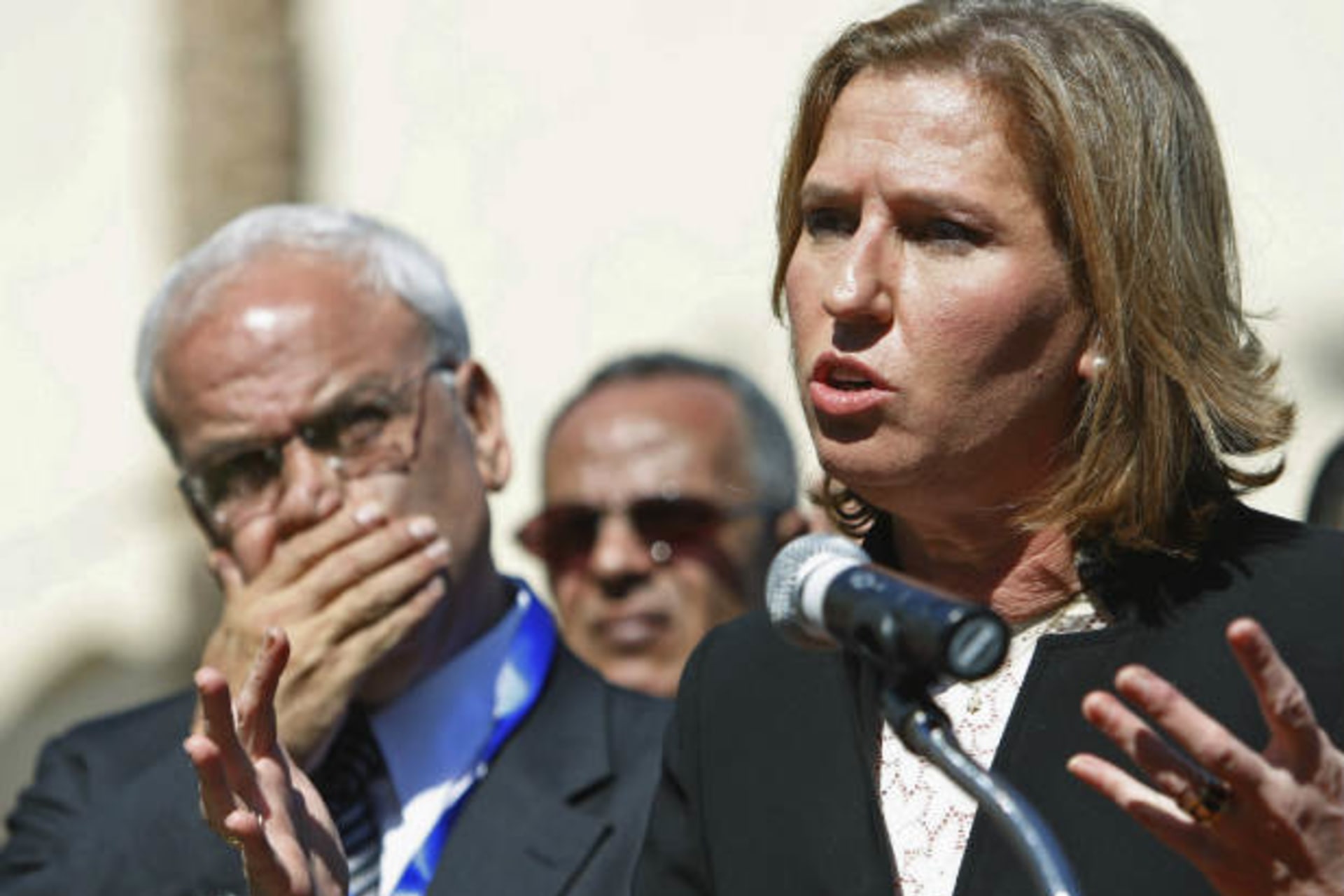Three Major Challenges for Israeli-Palestinian Negotiations

By experts and staff
- Published
By
- Robert DaninSenior Fellow for Middle East Studies
Israeli and Palestinian peace talks are poised to resume after a prolonged hiatus. Six Middle East trips, and tireless efforts by Secretary of State John Kerry made this resumption possible. The talks face three major challenges as a new chapter begins in the twenty year-long saga of Israeli-Palestinian negotiations.
Diplomatic Ambiguity. One fundamental challenge will be turning the very ambiguity that is enabling talks to resume, into the clarity and transparency necessary for a durable agreement. Vague diplomatic formulas were used to bridge seemingly irreconcilable differences. This allowed both Israeli Prime Minister Netanyahu and Palestinian President Abbas to claim that they did not back down to get talks started. But the goal of negotiations is to put pen to paper. There, transparency will be needed to produce an agreement that resolves core differences, such delineating the Israel-Palestine border.
Domestic Constraints. Secondly, both Israelis and Palestinians will face formidable domestic challenges to making diplomatic progress. Both sides will be negotiating, not only with each other across a table, but also with their own people back home. Resuming talks with Israel are very unpopular amongst Palestinians, even within Fatah and the Palestine Liberation Organization, which President Abbas heads. Abbas’ main political opposition, Hamas, has denounced the talks. Palestinians fear that Israel wants open ended negotiations, and that their political standing will fall without rapid and tangible results from talks. This both constrains Abbas’ ability to be flexible while pressuring him to obtain quick results from Israel.
Meanwhile, Prime Minister Netanyahu’s domestic situation is also difficult. Some of his main coalition partners oppose the creation of a Palestinian state, as do many of his own Likud party lieutenants. To make negotiating concessions to the Palestinians, Netanyahu may need to realign his political base, and even leave his party to make progress with the Palestinians, as did three earlier Likud leaders-- Arik Sharon, Ehud Olmert, and Tzipi Livni.
U.S. Opportunity Costs. The third major challenge concerns the United States. This latest effort to launch talks required sustained, high level engagement by Secretary of State Kerry. Indeed, it has taken up more of his time in office, so far, than any other single issue. Yet the U.S. faces many other pressing problems of vital national concern in the Middle East and in the rest of the world. At some point soon, Secretary Kerry and President Obama will have to decide if Israeli-Palestinian talks merit the sustained investment of precious time and effort by America’s lead diplomat, or if the Secretary’s energies would better be utilized trying to end the regionally destabilizing war in Syria, manage the delicate road ahead with Egypt, or lead a coalition to prevent Iran from developing nuclear weapons. Pursuing all of these objectives, while producing an Israeli-Palestinian agreement, will be a major challenge, to say the least.